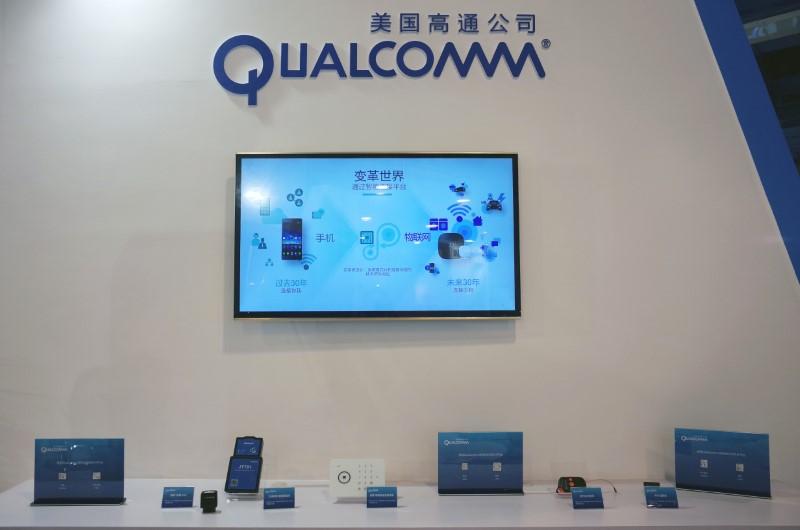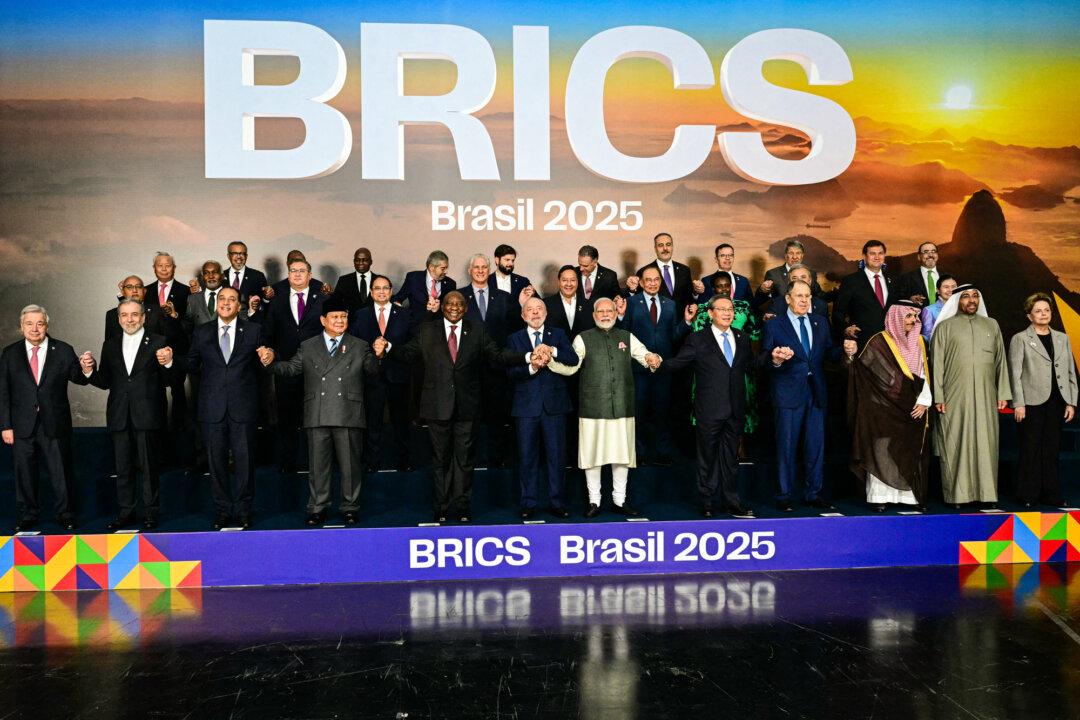As both the world’s largest source of foreign direct investment (FDI) around the world and the largest beneficiary of FDI, should the United States be selective about which countries can invest in U.S. companies and infrastructure?
More to the point, should the federal government have the power to tell Silicon Valley high-tech startups and other potentially strategic technology firms which foreign investor dollars they may accept and which they may not?





